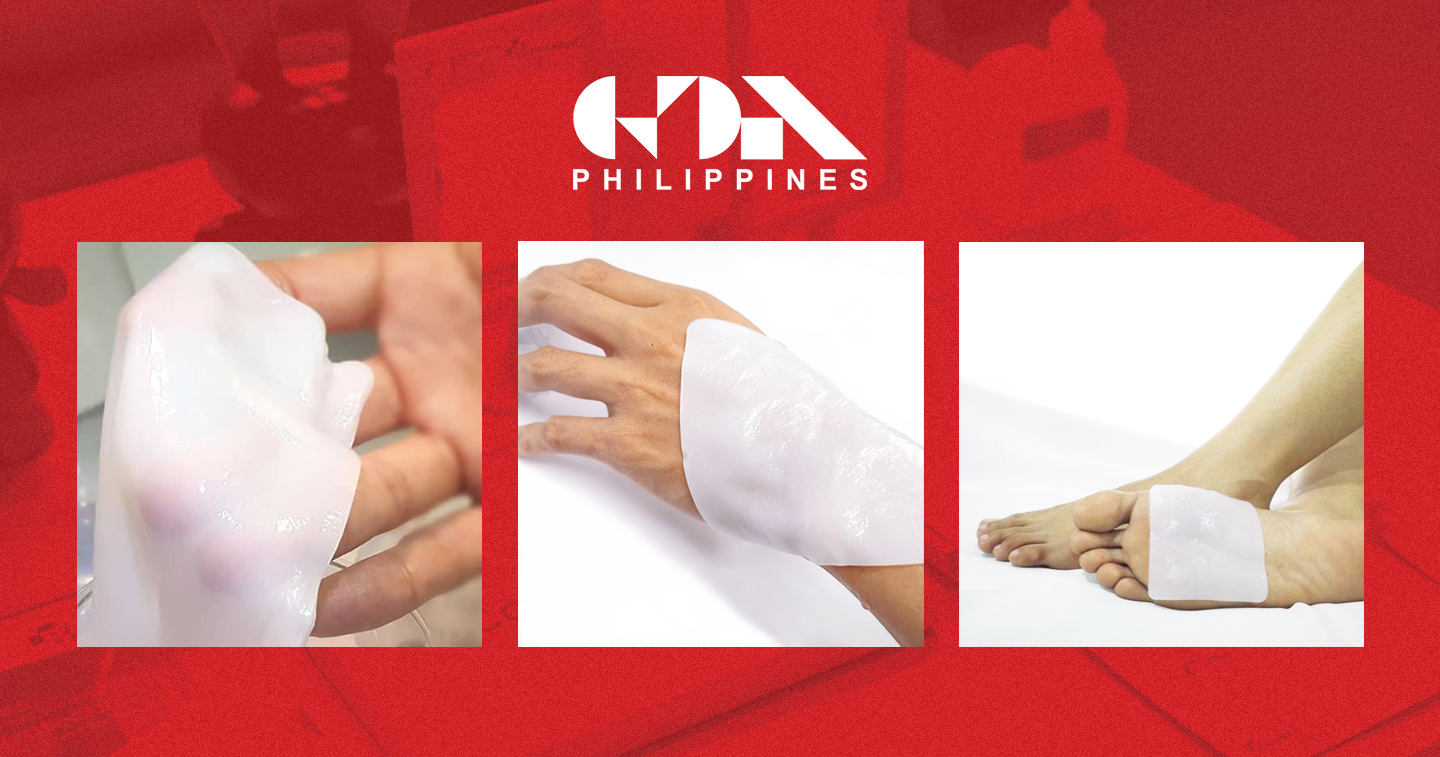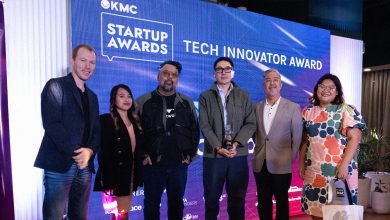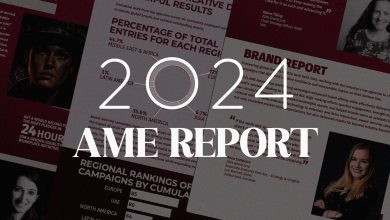MANILA, PHILIPPINES — Form definitely follows function in this year’s Good Design Awards Philippines Malasakit Award. While design is still largely associated with the physical attributes of a product, one stood out from the rest of the competition for its innovation and resourcefulness.
“We establish a preference for a kind of design that does not merely rely on aesthetics, beauty, scalability, or functionality, but one that foreground a profound sense of compassion or malasakit to our kapwa,” said Jury President Architect Royal Pineda during his speech.
The winner of the Malasakit Award Coco Patch is a wound care product made from local natural products. Unlike other wound remedies in the market, Coco Patch provides moisture and does not stick to the skin upon removal.
adobo Magazine spoke to the innovator of the product Denver Chicano who thought of the idea when he was working as a nurse at the burn unit of the Philippine General Hospital (PGH).
Denver described the experience of treating burn patients as hellish, having to literally scrape their skin off and hearing their cries: “Nakikita ko most of the patients walang pera tapos s’yempre ICU, makakausap mo sila long term, naaalagaan mo sila tapos yung pamilya, makakausap mo yung mga daing nila because of nabenta na yung ganito, nabenta na yung ganyan para lang i-survive yung patient nila”
(I saw most of the patients had no money, and it being an ICU, we get to talk to them long-term and hear their families’ concerns of selling properties just to survive their patient.)
Which is why when Lohmann & Rauscher, an international medical device company, offered to buy Coco Patch, Denver refused.
“Hindi ko binenta kasi hindi magiging available [sa Pilipinas], yun yung pagmamalasakit ko, galing ako sa PGH, dun na-instill yung value ng malasakit.”
(I did not sell it because it would not be available in the Philippines, that’s where my compassion lies. I came from PGH where compassion was instilled in me.)
However, getting Coco Patch off the ground was not without its challenges. Licensing proved to be difficult as the Food and Drug Administration (FDA) did not know how to properly classify Coco Patch initially.
It was compared with the golden standard which is silver sulfadiazine, but it proved to be more effective. First classified as a drug then later as a medical device, Coco Patch went through hoops because there was no local medical device manufacturer.
“This is the first medical device or wound dressing manufactured sa Pilipinas,” Denver shared with pride.
The component of the device also caused some confusion in the process because the two active ingredients are nata de coco and monolaurin. Nata de coco was made to be medical grade and monolaurin is a food preservative with antibacterial properties.
Even his own mom did not believe that nata de coco could be used as a wound dressing but after suffering a third-degree burn in her arm, Coco Patch aided the healing process in two to three weeks’ time.
“Gusto ko gumawa ng isang bagay to help the patient,” added Denver. (I wanted to create something that would help the patient)
Together with his wife, Denver opened a wound clinic that would cater to those who cannot afford treatments in hospitals. They also set up a telewound care to cater to patients nationwide where they would teach wound care remotely.
“We get so personal kung papano gagamitin yung Coco Patch and we educate yung nag-aalaga kasi sabi nga pag sa pamilya may sakit, apektado lahat.”
(We get so personal on how to use Coco Patch and we educate the caregiver because as we say, when someone in the family gets sick, everyone is affected.)
Currently, he is still building his network of distributors. One thing he would require is for the distributors to have their own wound care clinics because he is aware of the bad habit of bringing patients in when it is the most critical age.
Coco Patch bested campaigns made by big agencies in the competition and by winning the Grand Prix, he also exhibited the most impact in addressing the United Nations Sustainability and Development Goals: 3 “Good Health and Well-being” and 12 “responsible consumption and production.”
With Coco Patch, Denver aims to boost the coconut industry and improve wound care management in the Philippines. As he put it in his acceptance speech, “I believe that care is very important. Everything that we do is service… Care is creativity, attentiveness, resourcefulness, and enthusiasm.”







